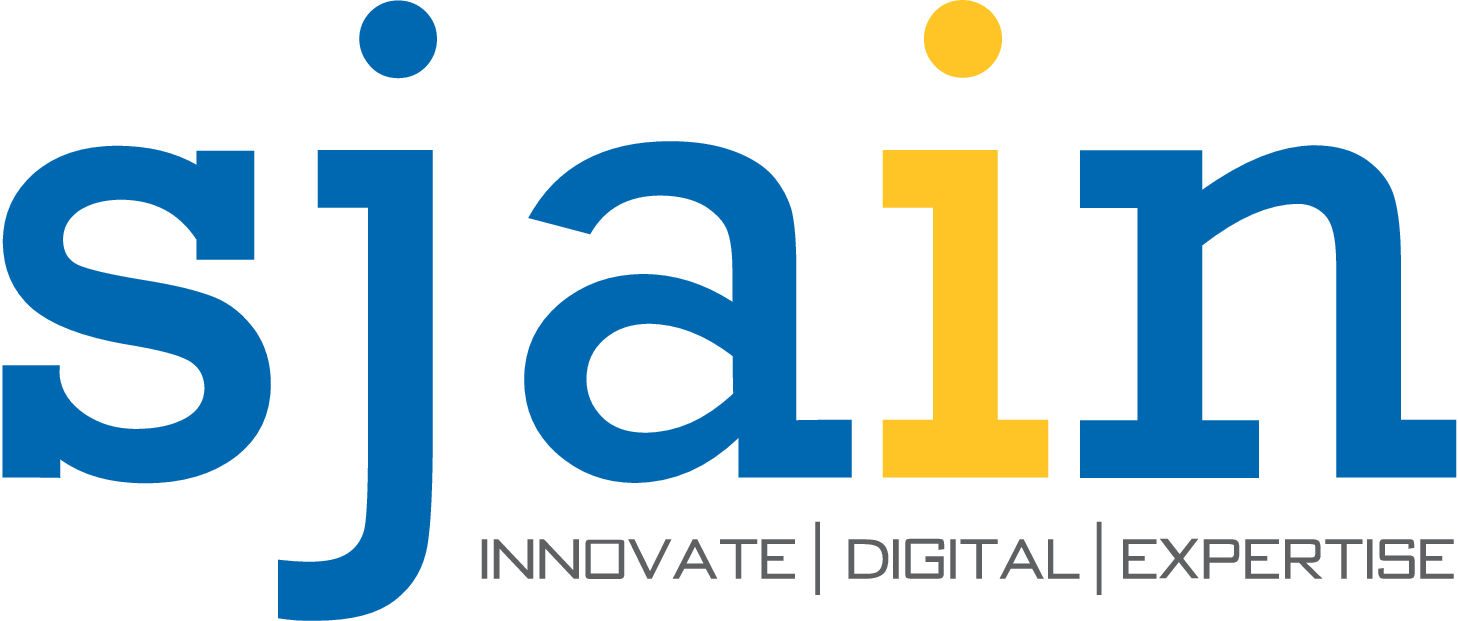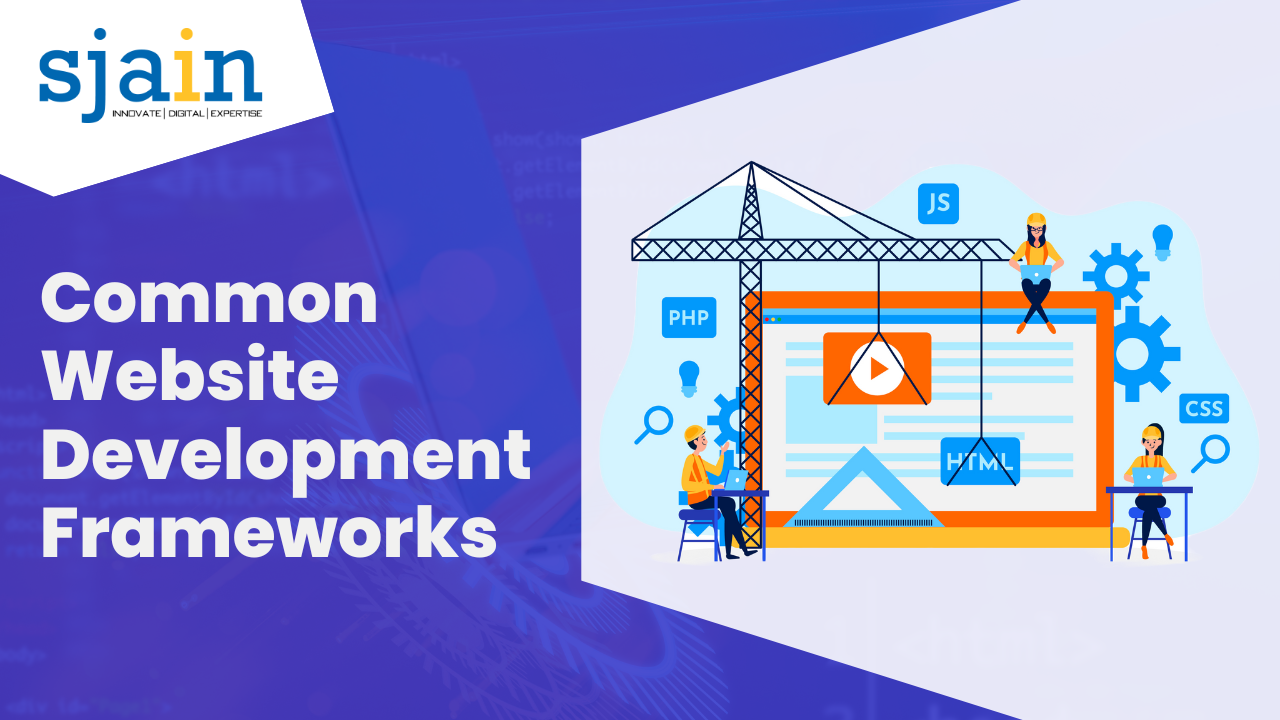Common Website Development Frameworks
Although building a website can be challenging, it can be made easier with the right website development framework. The success of your website can be significantly impacted by your choice of framework.
Website development frameworks are pre-built sets of code that help developers build websites faster and more efficiently. These frameworks provide a foundation for developers to work with, so they don’t have to start from scratch. They typically come with pre-built components such as CSS files, JavaScript libraries, and other resources that can be used to create a website quickly.
The pros and cons of some of the most well-liked website development frameworks will be discussed in this article. To assist you in selecting the best framework for your upcoming web development project, we’ll examine the features, benefits, and drawbacks of each framework in greater detail.
Popular website development frameworks
There are many website development frameworks available, each with its own unique features and benefits. Here are some of the most popular website development frameworks:
AngularJS
Google maintains the open-source web application framework AngularJS. It is intended to simplify web development by providing a solid foundation for creating dynamic, single-page applications. AngularJS is built on the Model-View-Controller (MVC) architecture, making it easy to create complex web applications. It also supports bidirectional data binding, which means that changes in the user interface are automatically reflected in the data model and vice versa.
Pros
- Easy to learn and use
- excellent support for MVC architecture
- Good community support and resources
Cons
- Steep learning curve
- Not SEO-friendly
- Poor performance in large-scale applications
React
React is a popular open-source JavaScript library for creating user interfaces. Facebook created it, and it is used by a number of large corporations, including Netflix and Instagram. React uses a component-based architecture, which makes reusing code and creating complex user interfaces simple. It also supports virtual DOM, which means that user interface changes are applied to a virtual representation of the DOM before being applied to the actual DOM. This method improves performance and makes it easier to develop complex applications with a large number of components.
Pros
- Excellent performance and scalability
- Easy to learn and use
- Large community support and resources
Cons
- The steep learning curve for beginners
- Limited functionality compared to full-stack frameworks
- Not SEO-friendly out-of-the-box
Vue.js
Vue.js is a cutting-edge JavaScript framework for creating user interfaces. Evan You created it, and it has grown in popularity in recent years due to its simplicity and flexibility. Vue.js, like React, has a component-based architecture and excellent support for two-way data binding. It also takes up little space and is simple to integrate with other libraries or existing projects.
Pros
- Easy to learn and use
- Lightweight and flexible
- Excellent support for two-way data binding
Cons
- Limited functionality compared to full-stack frameworks
- Poor performance in large-scale applications
- Limited community support and resources compared to React and AngularJS
Conclusion
Choosing the best website development framework is an important step in developing a successful website. Each framework has its own set of characteristics, benefits, and drawbacks that must be considered before making a decision. AngularJS, React, and Vue.js are three popular website development frameworks, each with advantages and disadvantages.
While AngularJS is known for its MVC support, React is known for its high performance and scalability. Vue.js is a lightweight, adaptable framework that is easy to learn and implement. Finally, your specific needs, goals, and resources will determine the best option.
Consider usability, scalability, performance, community support, and SEO friendliness before deciding on a framework. You should also think about your project requirements, such as the type of application you’re developing.

